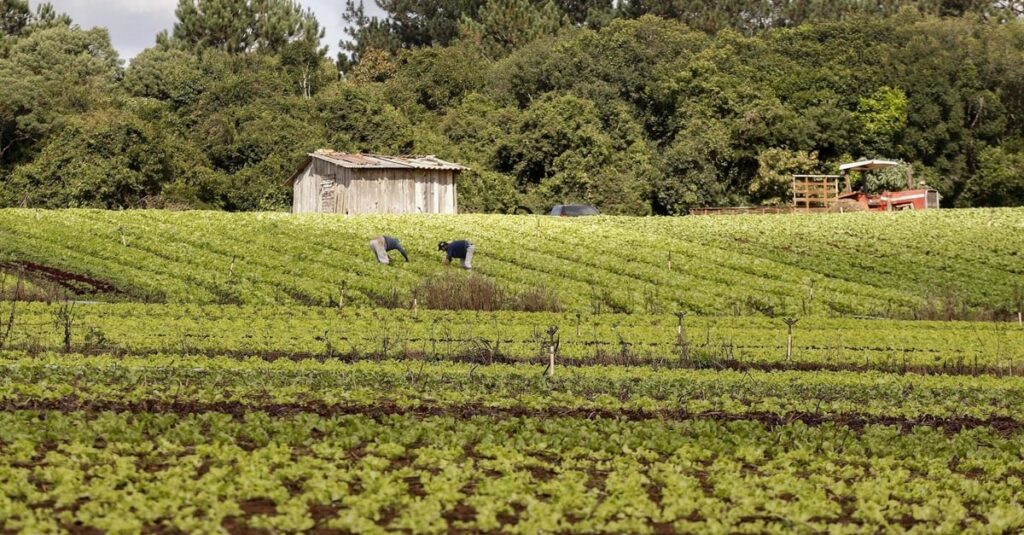The appeal of rural living

In the hustle and bustle of urban living, the charm and appeal of settling down in the countryside is a dream cherished by many. This blog post delves into why an increasing number of individuals are seeking solace and a more meaningful existence in rural settings.
From the tranquility that comes with vast, open spaces to the fostering of community bonds, this exploration uncovers the multifaceted allure that rural living holds for people from diverse backgrounds.
The Irresistible Appeal of the Countryside
The initial draw for many to rural environments is the promise of a peaceful lifestyle, away from the chaos and pollution of cities. Here, the air is cleaner, the landscapes more breathtaking, and the sounds of nature replace urban noise.
Besides the environmental advantages, there's a unique sense of community that’s harder to find in crowded cities. Neighbors know each other by name, and it's common for communities to come together in times of need or celebration.
The cost of living is another significant factor. In many cases, your money stretches further in the countryside, with larger properties and land available at prices that city dwellers can only dream of.
Furthermore, rural areas offer the chance to live a more sustainable lifestyle. Access to local produce, the opportunity to grow your own food, and reduced reliance on processed goods contribute to a healthier way of life.
A Slower Pace, A Richer Life
Life in the countryside operates on its own time. The frenetic pace of urban life gives way to seasons and natural rhythms, allowing for deeper connections with the environment and oneself.
This slower pace opens up opportunities for hobbies and interests that there may not be space or time for in a city. From gardening and farming to hiking and fishing, rural life encourages an active, outdoor lifestyle.
It also fosters creativity and productivity in work, as the quieter surroundings provide a backdrop with fewer distractions. Many find they can pursue their passions more earnestly here, whether in the arts, crafts, or other vocations.
Educational and Health Benefits
Raising a family in the countryside can offer children unique educational experiences. Learning about nature, agriculture, and sustainability firsthand provides a practical complement to traditional schooling.
Additionally, the outdoor lifestyle encourages physical activity, which, combined with fresher air and less pollution, contributes greatly to overall health.
Access to locally sourced, fresh foods also promotes healthier eating habits, impacting long-term well-being positively.
Lastly, the decrease in stress levels associated with quieter rural life has significant mental health benefits, fostering a sense of peace and contentment.
Community Spirit and Safety
The strong sense of community often found in rural areas enhances the quality of life. The support systems built among neighbors and townsfolk create a safety net that many in urban environments lack.
This interconnectedness not only contributes to a higher sense of security but also enriches the social fabric, allowing for meaningful relationships and a strong sense of belonging.
Crime rates are generally lower in countryside areas, adding to the feeling of safety and allowing families to live more freely and with less concern.
Overcoming Challenges
It's not all idyllic, of course. Rural living comes with its own set of challenges, including limited access to certain amenities, longer distances to travel for work or entertainment, and sometimes a lack of immediate healthcare facilities.
However, many find that the benefits outweigh these drawbacks, and advances in technology are steadily reducing these gaps, making remote work and access to services easier than ever.
Concluding Thoughts
The appeal of transitioning to countryside living is evident in the growing number of people embracing it, drawn by the promise of a more peaceful, healthy, and community-oriented life.
While not devoid of challenges, the advantages—from environmental benefits and a slower pace of life to stronger communities and safety—present a compelling case for considering a move to the countryside.
In harnessing the modern conveniences that allow for more flexible lifestyles, individuals can enjoy the best of both worlds, reaping the rewards of rural charms while staying connected to the broader world.
In sum, the substantial appeal of the countryside offers a beacon for those looking to escape the relentless pace of urban life. By embracing rural living, one can find not just a home, but a deeper, more meaningful way to live.

Related